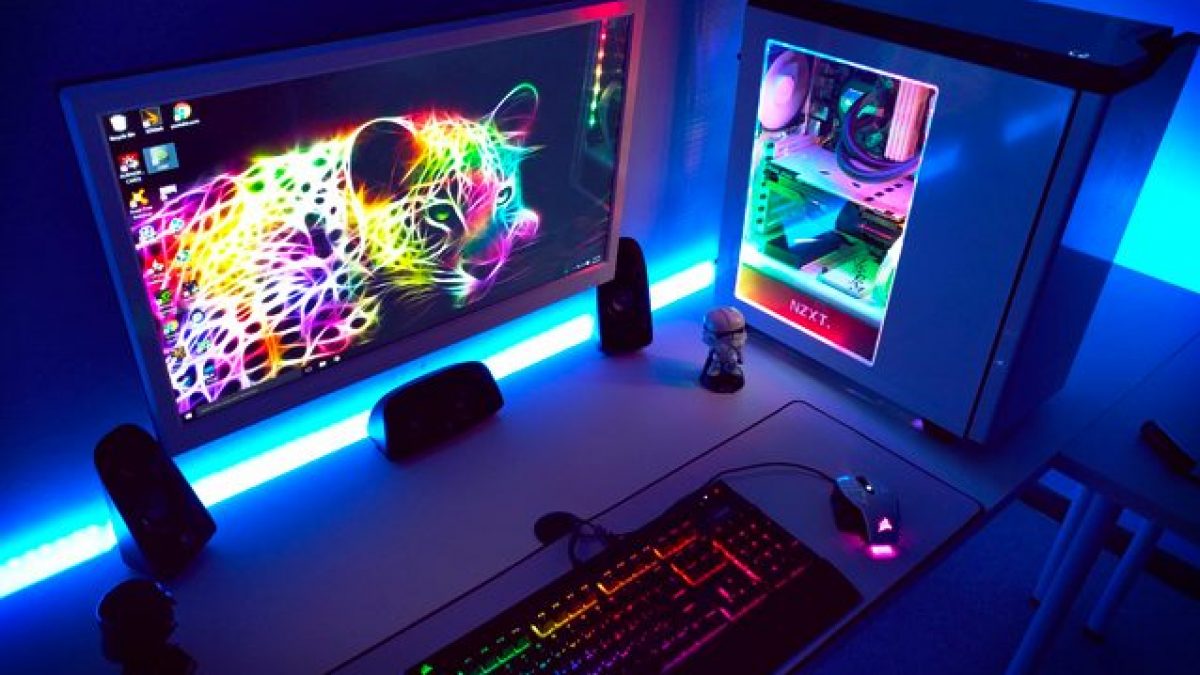The Power of Gamification in Marketing
In the modern digital landscape, brands are constantly seeking innovative ways to engage their audiences. One such method that has proven highly effective is gamification. Custom branded games, which are games designed specifically to reflect a company’s brand and message, are a powerful tool in a marketer’s arsenal. These games not only entertain but also immerse players in an interactive experience that subtly promotes the brand. By integrating game mechanics into marketing strategies, companies can capture the attention of potential customers, enhance brand recognition, and foster a deeper connection with their audience. The essence of gamification lies in its ability to make marketing fun and engaging, transforming passive consumers into active participants.
Enhancing Brand Recognition and Loyalty
Custom branded games are particularly effective at enhancing brand recognition and loyalty. When players engage with a game, they are exposed to the brand’s logo, colors, and messaging repeatedly. This repeated exposure helps to cement the brand in the player’s memory. Moreover, well-designed games often incorporate elements of the brand’s identity into the gameplay itself, making the brand an integral part of the player’s experience. This can lead to increased brand loyalty as players associate positive emotions and enjoyable experiences with the brand. Additionally, custom games can reward players with branded merchandise, discounts, or exclusive content, further incentivizing continued engagement and fostering a sense of loyalty and appreciation towards the brand.
Driving Customer Engagement and Interaction
One of the most significant advantages of custom branded games is their ability to drive customer engagement and interaction. Unlike traditional advertisements, which are often ignored or forgotten, games require active participation from users. This active engagement means that players are more likely to remember the brand and its message. Moreover, games can be designed to encourage social interaction, such as sharing scores on social media, challenging friends, or participating in multiplayer modes. These social features can amplify the game’s reach and visibility, as players invite their networks to join in the fun. By creating an interactive and enjoyable experience, brands can foster a community around their game, leading to sustained engagement and interaction over time.
Measuring Success and Adapting Strategies
Another crucial aspect of custom branded games is the ability to measure their success and adapt strategies accordingly. Games provide a wealth of data that can be analyzed to understand player behavior, preferences, and engagement levels. Metrics such as playtime, in-game actions, completion rates, and social shares offer valuable insights into how players are interacting with the game and, by extension, the brand. This data can be used to refine the game, introduce new features, or adjust marketing strategies to better align with player interests. Furthermore, by tracking the performance of different game elements, brands can identify what resonates most with their audience and tailor future campaigns to maximize impact. This iterative process of measurement and adaptation ensures that custom branded games remain relevant and effective in achieving marketing goals.
Conclusion
In summary, custom branded games are a dynamic and engaging way for brands to connect with their audiences. Through the power of gamification, these games enhance brand recognition and loyalty, drive customer engagement and interaction, and provide valuable insights for measuring success and refining strategies. By transforming marketing into an interactive and enjoyable experience, custom branded games offer a unique opportunity for brands to stand out in a crowded digital landscape and build lasting relationships with their customers.

